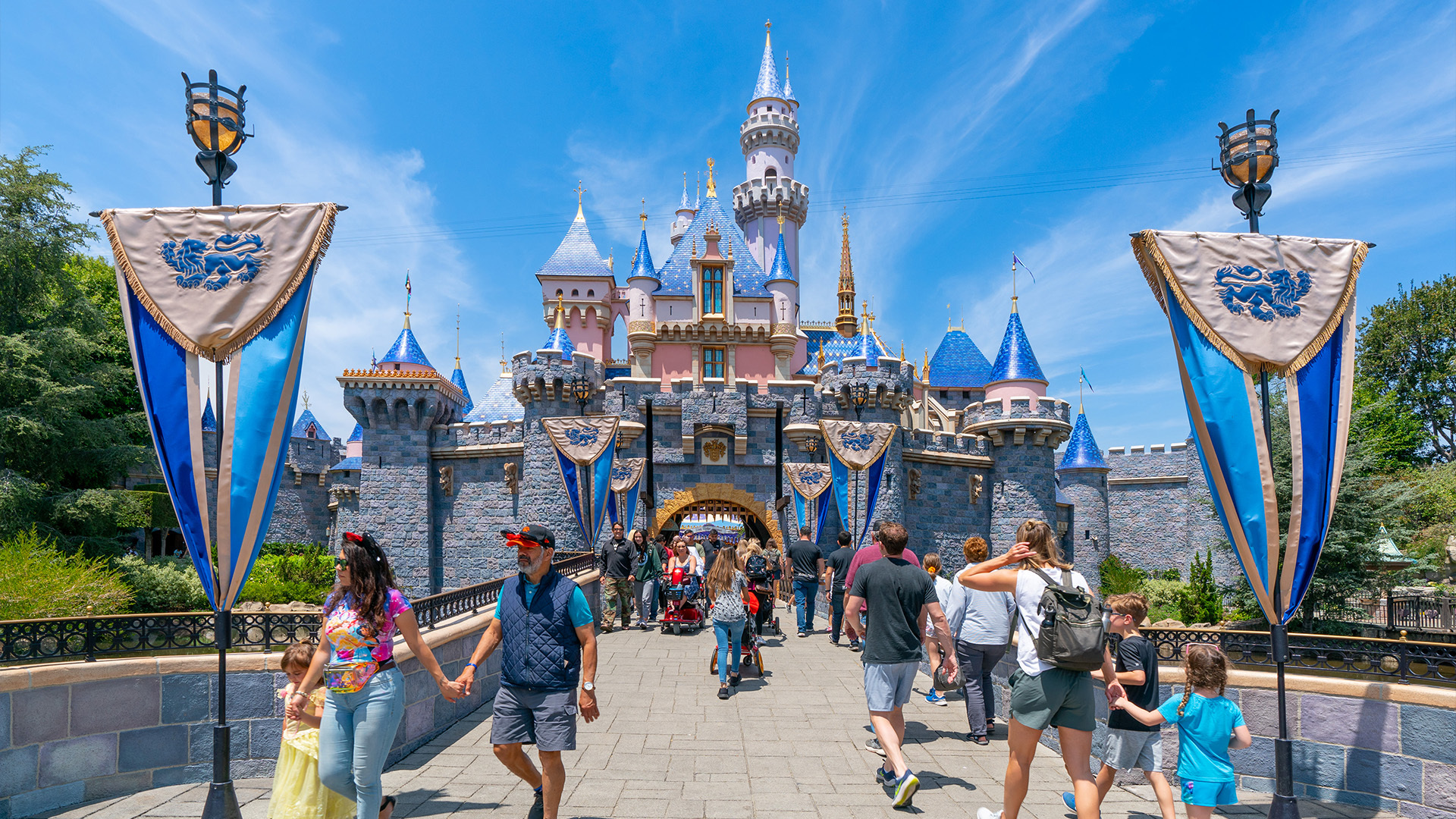
Simone Del Rosario: Years after Disney was first accused of violating minimum wage laws at its California resort, the happiest place on Earth has reportedly agreed to settle a class-action lawsuit for $233 million.
The Los Angeles Times was first to report the company approved the preliminary settlement, which’ll now go to a judge. A lawyer representing the workers believes it is the largest wage-theft settlement in California history.
Attorney Cornelia Dai: For this to be the result, and all of the money to go back to the workers, and the interest on top, it doesn’t quite get better than this when you have, especially when you have a long fight like this, five years.
Simone Del Rosario: The settlement will cover back pay owed to more than 50,000 Disney employees since 2019. If a judge approves the settlement next month, workers will then find out how much they get.
Here’s where the roller coaster went off track.
Back in 2018, Anaheim voters approved Ballot Measure L, which specifically required employers in Disneyland and Anaheim resort zones to pay a higher minimum wage. Starting in 2019, that was $15 an hour. It increased a dollar every year to $18 an hour by 2022.
From there, it starts rising by the cost of inflation. In 2024, the rate is $19.90 an hour.
Disneyland was the target because of the reported tax rebates it gets from the city. The ballot measure got a boost from this 2018 survey of Disneyland employees, “Working for the Mouse.”
The report said, “Disneyland employees report high instances of homelessness, food insecurity, ever-shifting work schedules, extra-long commutes, and low wages … Almost three-quarters (73%) say that they do not earn enough money to cover basic expenses every month.”
The ballot measure passed with 54% of the vote, but the lawyers were lawyering. Disneyland argued they didn’t fall under this “living-wage law” because the 1996 expansion deal they have with the city doesn’t qualify as a tax rebate. The Anaheim City Attorney agreed, but workers filed a class action lawsuit anyway. Years into this legal battle, a judge also sided with Disney in 2021. But by 2023, the District Court of Appeal reversed the ruling, saying Disney did fall under the living-wage law and therefore was illegally evading it for years. The California Supreme Court declined to hear the case, effectively ending Disney’s fight.
Attorney Cornelia Dai: This is going to make a huge difference. Disney is meeting the Measure L hourly rates, and going forward, they’re going to match the increase. So this is going to change lives in a real way. And I’m just not I’m not just saying those words. It’s really going to change the lives of the Disney employees and their families. So it’s a big deal. It’s a real big deal.
Simone Del Rosario: In a statement to the LA Times, Disneyland said, “We are pleased that this matter is nearing resolution. Currently, all cast members make at least the Measure L requirement of $19.90 per hour, and, in fact, 95% of them make more.”
This summer, Disneyland staved off a strike by agreeing to a three-year contract with unionized workers that pays a $24 minimum wage for 2024.









